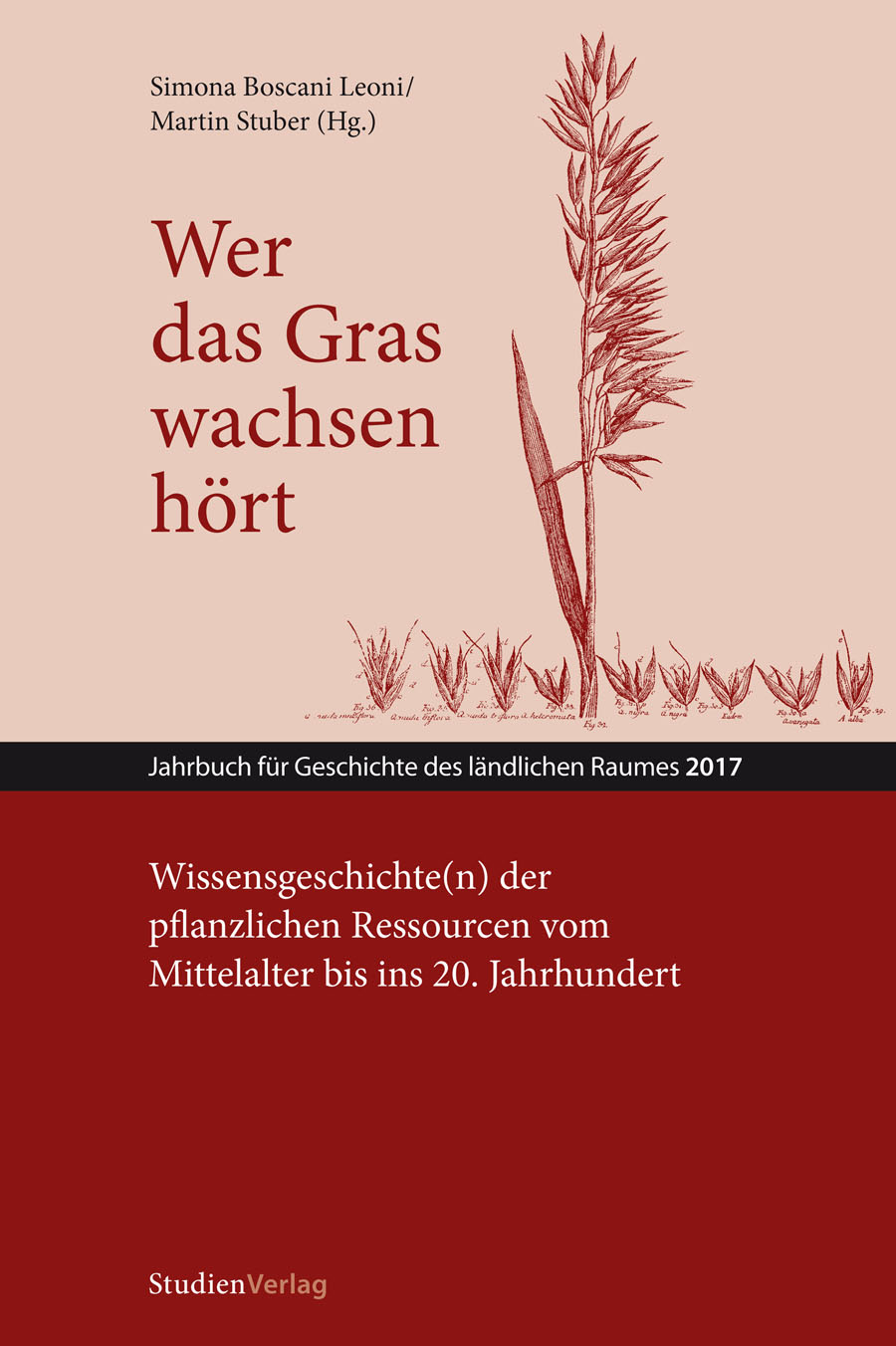Von der Phythotheologie zur Ökologie
Kreislauf, Gleichgewicht und die Netzwerke der Natur in Beschreibungen der Oeconomia naturæ im 18. Jahrhundert
DOI:
https://doi.org/10.25365/rhy-2017-4Abstract
Historical research dealing with changing attitudes towards nature at the beginning of modernity has mainly focused on the progressive economization and the exploitation of natural resources. The development of new technologies, making use of an objectified nature in the 19th and 20th centuries, has been connected to the rise of the natural sciences in many aspects. This contribution reveals a different type of scientific thinking emerging in the 18th
century that might not have played a dominant role, but was nevertheless important at the time. While developing ideas of the Oeconomia naturae, the “household” of nature, scholars like Julius Bernhard von Rohr (1688–1742), Carl von Linné (1741–1783) or Heinrich Sander (1764–1782) studied the interconnectedness of plants and animals. Their interest in the natural sciences was still closely linked to the physico-theological thinking of the time, searching for God’s wisdom within the natural world. Thereby they described the interdependencies of natural beings in detailed images of nets, vast chains or circles and analysed what we today would call eco-systems. In that respect, scientific ideas about the interrelatedness within natural settings emerged long before ecology was established as a field of science. Whether these ideas can be seen as roots of modern ecological science is still to be discussed.


